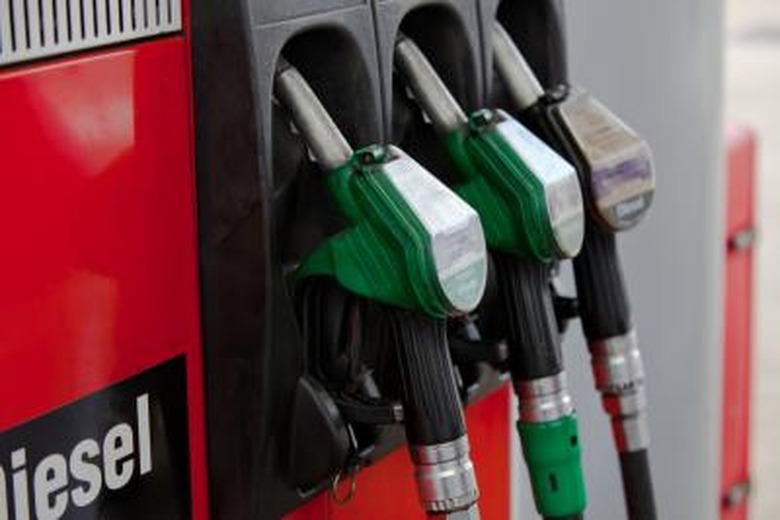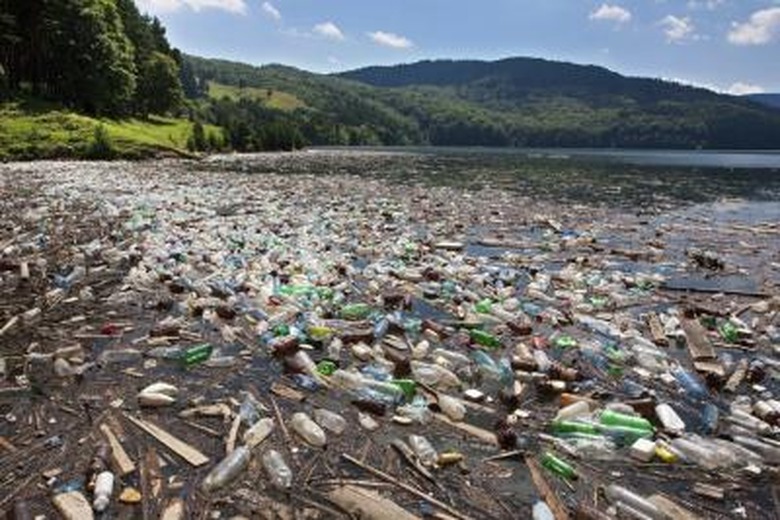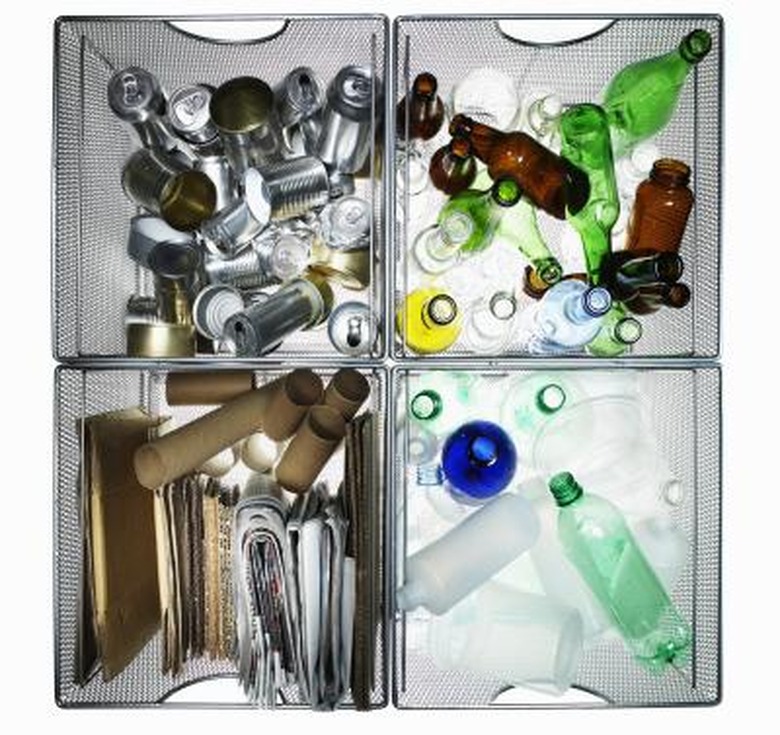Ways To Maintain Ecological Balance
The Earth's organisms interact with their environment in a delicately balanced cycle. Plants use energy from the sun, and they become food for other creatures. The cycle continues as plant and animal life forms die and get consumed by microorganisms. Bu this cycle of life is in jeopardy from humanity's overuse of natural resources and damage to the ecosystem from pollution. Read on to learn more about maintaining balanced ecosystems.
Manage Natural Resources Carefully
Manage Natural Resources Carefully
The expansion of civilization inflicts a growing burden on the ecosystem. Minerals, fossil fuels and other natural resources disappear at an alarming rate. Overfishing and habitat destruction create a loss of biodiversity that will have long-term negative consequences on the ecosystem. The overuse or destruction of their habitats threatens species with extinction. You can see this in marine ecosystems where the loss of just a few species can threaten an entire ecosystem. A concerted effort to use natural resources in a sustainable manner will help to protect and maintain ecological balance.
Control the Population
Control the Population
In nature, predators prevent species from over populating. Unfortunately, humans don't have any natural predators to control the population. It's necessary to take action at the individual level and government level to control population. This problem is important despite emotional, cultural or religious sensitivity to the issue. Just as too many fish in your aquarium fouls the water, too many humans on the planet can upset the ecological balance. Between 1927 and 1987, the Earth's population increased to 5 billion. By the year 1999 total population reached 6 billion, and it's estimated that nearly 9 billion people will be living on the Earth in the year 2050. Controlling the birth rate through contraception and family planning will reduce the strain on the ecosystem by reducing the rate at which people consume natural resources.
Protect the Water
Protect the Water
Contamination from sewage, and pollution from manufacturing and agricultural runoff threatens the balance of marine ecosystems. Sewer and agricultural runoff can cause a cascade of damaging effects on the ecosystem. Taking steps to reduce or eliminate pollution from nonpoint sources such as streets and farms will help to maintain the ecological balance. Sewage and run-off of agricultural fertilizer can cause the rapid growth of algae in lakes and streams. The growth of algae blocks sunlight and depletes the oxygen in the water. This causes a reduction in the amount of natural plant life in the marine ecosystem. The animals that feed on the plants die, which leads to the death of animals that prey on them. The decaying algae promote the growth of anaerobic organisms, which release compounds into the water that are toxic to marine animals.
What You Can Do
What You Can Do
Protecting the ecological balance is an issue that everybody can become involved in. You have the power to have a positive effect, no matter how small, in maintaining the delicate balance of the Earth's ecosystem. Recycle to help prevent the over-harvesting of natural resources. Conserve energy by choosing more energy efficient appliances and automobiles. If everybody uses less energy, pollution decreases and less coal gets used to power the nation and the world. Encourage family and friends to be ecologically aware in the ways that they live day-to-day. Just as many hands make light work, many individuals working together can help by protecting and maintaining ecological balance.
Cite This Article
MLA
Daniels, Ronnie. "Ways To Maintain Ecological Balance" sciencing.com, https://www.sciencing.com/ways-maintain-ecological-balance-8482650/. 23 April 2018.
APA
Daniels, Ronnie. (2018, April 23). Ways To Maintain Ecological Balance. sciencing.com. Retrieved from https://www.sciencing.com/ways-maintain-ecological-balance-8482650/
Chicago
Daniels, Ronnie. Ways To Maintain Ecological Balance last modified March 24, 2022. https://www.sciencing.com/ways-maintain-ecological-balance-8482650/




